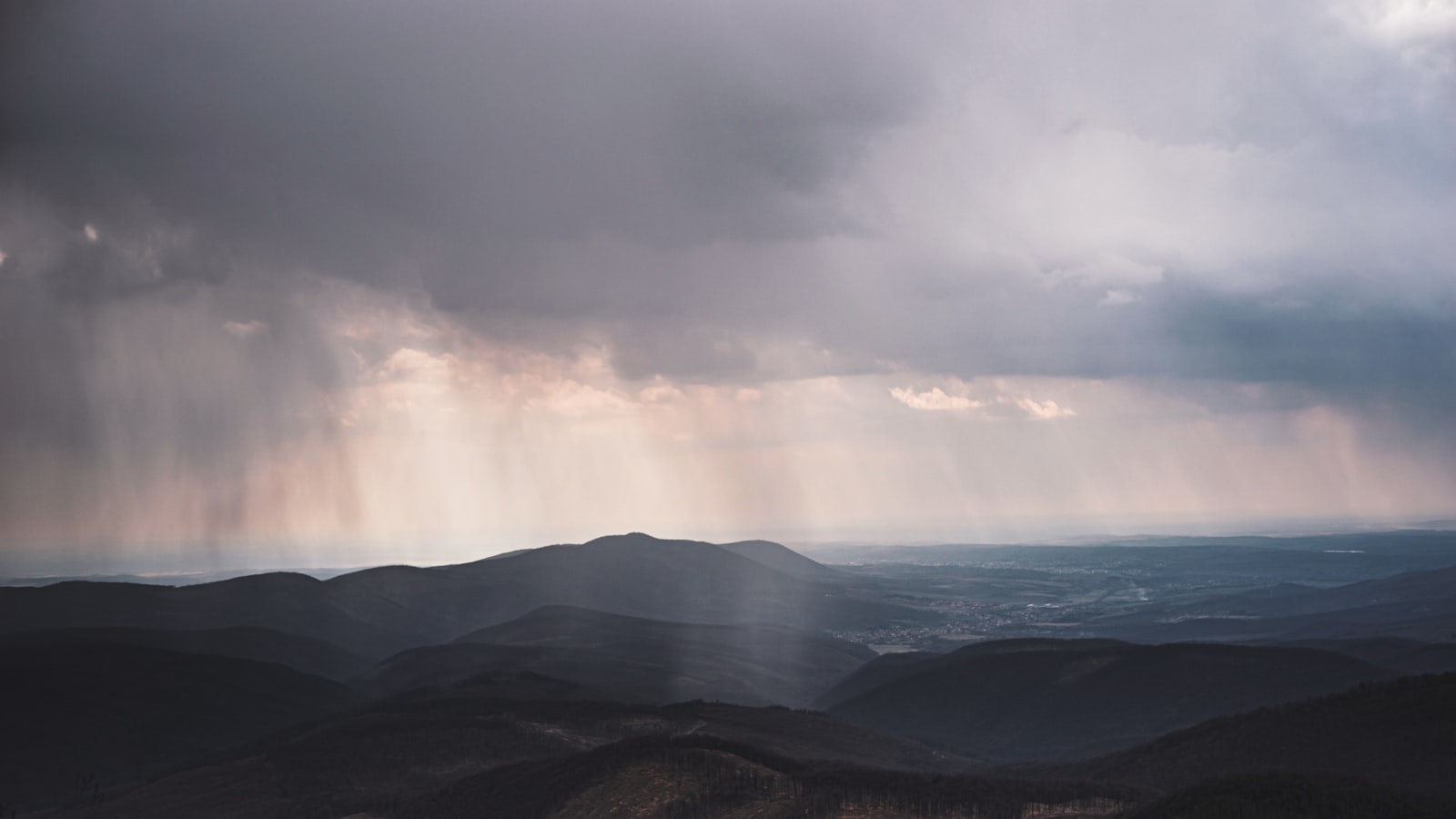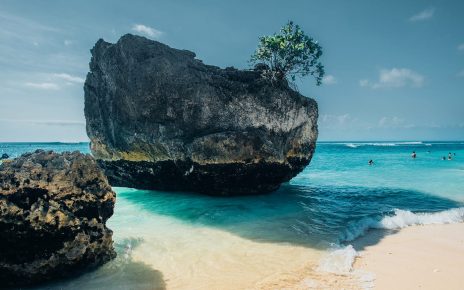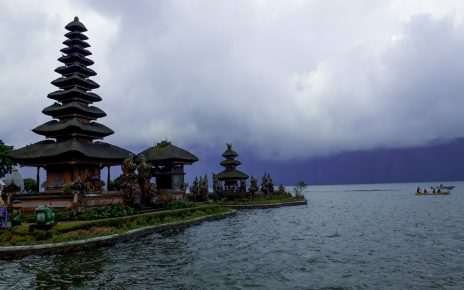Nestled in the heart of Bali, Mount Agung has captivated travelers and adventurers from around the world with its majestic beauty and spiritual significance. However, as the volcano’s activity increases, authorities have announced that the iconic mountain will soon be closed for tourist hikes. This decision comes as a precautionary measure to ensure the safety of both visitors and local residents. Let us explore the impact of this closure and what it means for the future of tourism in Bali.
Mount Agung: A Sacred Volcano with a Rich Cultural Heritage
Mount Agung, also known as Gunung Agung, is an active volcano located in Bali, Indonesia. It holds immense cultural significance for the Balinese people, being considered the most sacred mountain on the island. The volcano is revered as the home of the gods and is an important spiritual site for Hindus in Bali.
With its majestic presence and rich cultural heritage, Mount Agung has long been a popular destination for tourists seeking to hike to its summit. However, due to concerns about the safety of visitors in light of recent volcanic activity, authorities have announced that the mountain will soon be closed to tourist hikes. This closure is necessary to ensure the well-being of both tourists and locals, as the volcano’s unpredictable nature poses a potential risk to those attempting to climb it.

Impacts of Tourist Hikes on Mount Agung and its Surroundings
Mount Agung, located in Bali, Indonesia, has long been a popular destination for tourists seeking a challenging hike and breathtaking views. However, due to the increasing number of visitors in recent years, the impacts on the environment and local communities have become a cause for concern. The constant foot traffic on the trails has led to erosion, damage to vegetation, and disruption of wildlife habitats. Additionally, the influx of tourists has put a strain on resources in the surrounding area, such as water and waste management facilities.
In response to these issues, the local authorities have announced that Mount Agung will soon be closed to tourist hikes. This decision aims to give the ecosystem time to recover and prevent further degradation. While this may disappoint some adventure-seekers, it is a necessary step to protect the natural beauty of the area and ensure the well-being of the local communities who rely on the mountain for their livelihoods. Alternative hiking destinations in Bali will be promoted to redirect tourism and spread out the environmental impact across different locations.

Alternative Activities to Enjoy in Bali While Mount Agung is Closed
While Mount Agung may be closing for tourist hikes, there are plenty of alternative activities to enjoy in Bali. Whether you’re looking to relax on the beach, immerse yourself in cultural experiences, or explore the island’s natural beauty, there is something for everyone to enjoy during this time.
Consider spending your days exploring temples like Tanah Lot or Uluwatu, indulging in traditional Balinese cuisine at local markets, or pampering yourself with a spa day at one of Bali’s luxury resorts. For those seeking adventure, take a surf lesson in Canggu, hike through the lush rice terraces in Ubud, or embark on a snorkeling excursion to see the vibrant marine life around the island’s coast.

Respecting Local Customs and Policies When Visiting Bali’s Temples
As the iconic Mount Agung in Bali prepares to close for tourist hikes, it is important for visitors to remember to respect local customs and policies when visiting the island’s temples. When exploring these sacred sites, it is crucial to dress modestly and wear a sarong as a sign of respect. Additionally, it is customary to remove your shoes before entering any temple grounds.
Furthermore, while visiting Bali’s temples, tourists should refrain from taking photos or selfies in areas that are considered sacred. Observing silence and refraining from any disruptive behavior is also essential to show respect to the local culture and traditions. By following these guidelines, visitors can ensure a positive and enriching experience while exploring Bali’s religious landmarks.
As Bali’s majestic Mount Agung prepares to temporarily close its trails to tourist hikes, visitors are encouraged to savor the last moments of its serene beauty from afar. Let us embrace this pause as an opportunity to appreciate the mountain’s strength and resilience, and to reflect on the importance of preserving its natural wonders for future generations to enjoy. While we may not be able to physically climb its slopes for a while, Mount Agung will always stand as a symbol of Bali’s enduring spirit and unparalleled beauty. Until we meet again, let us carry the memory of this iconic peak in our hearts, waiting patiently for the day we can once again tread its paths and behold its breathtaking vistas.





